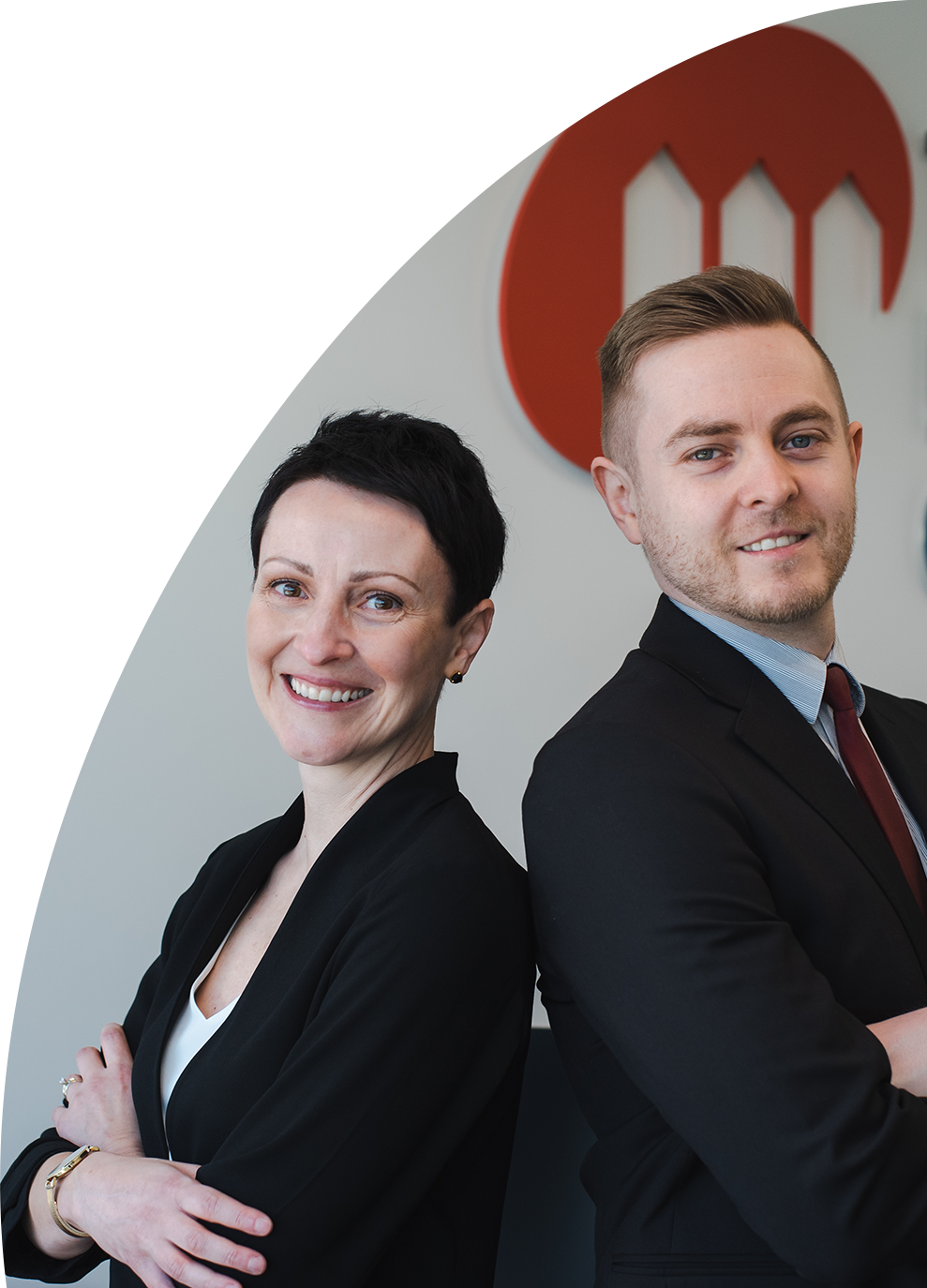If you are self-employed and considering a home purchase with a 5% downpayment, you will need to confirm (if you are a sole proprietor or in a partnership) via business licenses, HST/GST returns, or T1 Generals that you have been in business for at least two years. If you are incorporated, then your articles of incorporation or company financial statements will be required as evidence of self employment. For most of you this will not be a difficult task to fulfill.
One of the next steps would be to verify or “prove” your income. The lender requires your past two years of Notice of Assessments and will strictly use your Line 150 income. This is your net income after expenses. Although your accountant may have found a number of tax strategies to reduce your gross income where you have very little tax to pay, this can be a disastrous mortgage strategy for qualifying, especially if you require 95% financing. Think carefully before allowing write-offs suggested by your accountant that reduces your income. You may need more income to prove one day to your lender for your mortgage approval.
Some of you have been self-employed for many years. You are well established, have excellent net worth and credit, and may be considering a home purchase or refinancing an existing mortgage. If you have at least 10% downpayment for a purchase, we have lenders that will support a high-ratio (insured) mortgage under a stated income program. Basically, a lender requires proof of self employment, and a letter signed by you that you are “stating” your income. The lender will still look at your field of work to determine the “reasonableness” of your stated income and if it is in the range most self-employed individuals in your industry would earn. As an example, a self-employed painter may earn approx. $50-60K (after expenses). If we were to use $90-100K as stated income, the lender most likely will require the financial statements or Notice of Assessments to prove the higher income.
For those of you refinancing and have at least 35% equity in your residence, some lenders will consider a mortgage up to 65% loan to value under the stated income program. This is not an insured mortgage (CMHC/Genworth). Once we receive an approval from a lender, there are some lending conditions and guidelines to follow (as it pertains to your specific situation) which I review with my clients in a meeting. The interest rates in all cases, whether it be high-ratio or conventional, stated or proven income, are at the lender’s deep discounted rates (ie 2.99% for a 5 year fixed rate!).











